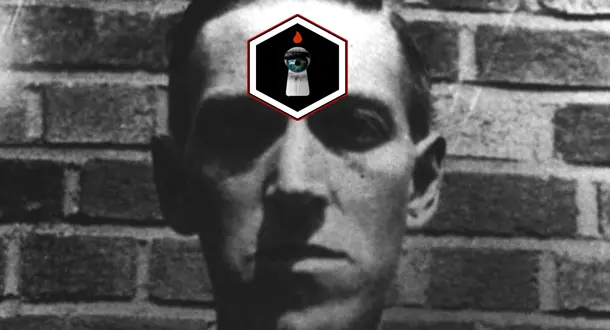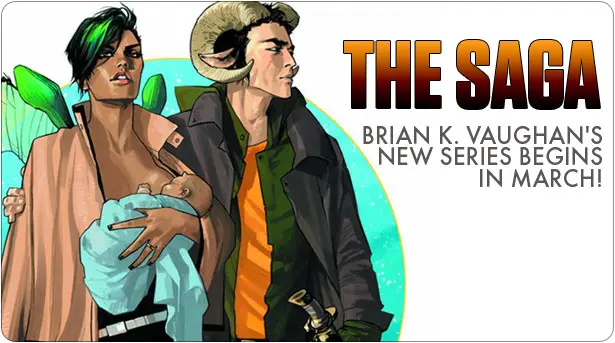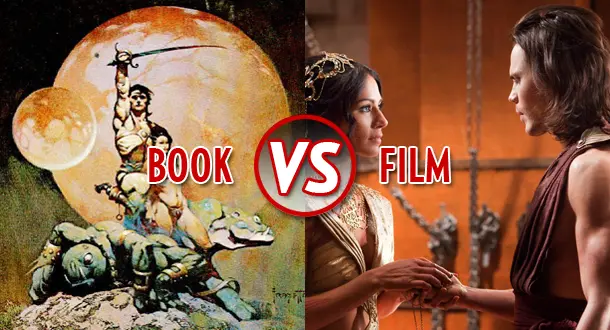Menu
Columns
Showing 3546 Columns
Showing 3546 Columns
March 16th, 2012

I have a confession to make. Lately, I’ve been killing dragons. A lot of them.
Read Column →March 16th, 2012

Every month I throw two books, somehow related, into the Book Brawl ring to fight it out for the coveted title of literary champion. Two books enter. One book leaves. Today, our contenders are Jane Austen staples Sense and Sensibility (1811) and Pride and Prejudice (1813). Let’s watch these two comedies of manners get impolite, shall we?
Read Column →March 15th, 2012

LURID: vivid in shocking detail; sensational, horrible in savagery or violence, or, a twice-monthly guide to the merits of the kind of Bad Books you never want your co-workers to know you're reading.
Read Column →March 15th, 2012

The beginning. It’s a rough spot for many first drafts. Writers routinely place a disproportionate amount of attention on their introductory paragraphs, for obvious reasons. As a result, beginnings are often the source of some glaring writer’s anxiety: too many thoughts piled on, too many unnecessary components added, pens leaned on too heavily — all habits that diminish the thematic resonance and overall power of the piece. Sometimes we just don’t know where a story is supposed to start.
Read Column →March 14th, 2012

The great thing about fiction writing is: you get to make shit up. The worst thing about fiction writing is: you have to make shit up. Biographers are spared this pleasure/pain double-double-toil-and-trouble. We have to tell the truth, or something like it. It’s not as easy as it sounds.
Read Column →March 14th, 2012

Let's give praise to Jonathan Franzen. Not only does he write bestselling novels, he also manages to get on everybody's nerves with a few carefully reckless comments.
Read Column →March 13th, 2012

There's perhaps nothing more cliché than a childbirth scene. We've all seen it done – frequently poorly – a hundred times before. So it only emphasizes Brian K. Vaughan's strengths as a writer that the opening in Saga #1 is a childbirth scene that is anything but cliché. Vaughan both celebrates and subverts our expectations of this scene by creating such fully realized characters that we get a sense of them instantly.
Read Column →March 13th, 2012

UPDATE: Since publishing this article, I HAVE gotten an agent. Been with Paula Munier for a few years now. Also, I've updated some of the presses to reflect the current industry standards here in 2019.
Read Column →March 12th, 2012

March 8th saw the announcement of the Orange Prize 2012 long list, which featured 20 novels from a diverse set of authors. Four tricky second novels, five debuts, several entries from well established writers. An international bunch too: eight Brits, seven Yanks, three Irish (for a small country Ireland punches above its weight litry-wise), a Canadian and a Swede.
Read Column →March 9th, 2012

Edgar Rice Burroughs’ Barsoom series is rightly recognized as a seminal achievement in modern science fiction. The Tarzan author wrote eleven books in over thirty years set on his war-torn, techno-magic version of Mars, blazing a trail for all who followed. The books feature many of the familiar trappings of the space opera: multi-limbed aliens, feisty princesses, mystical priesthoods, badass weapons, and loveable monsters.
Read Column →🎼
Tell us about your book, and we'll give you a writing playlist
Take our 1 minute quiz to find your ideal tunes.